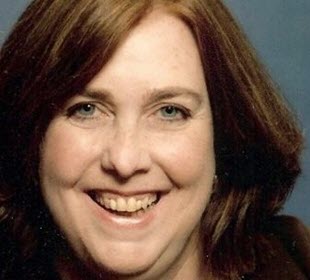UnitedHealthcare Community Plan of Texas is providing funding support for a new philosophy of care for people with disabilities called the Practice Without Pressure (PWP) Model™. PWP enables individuals who experience stress or anxiety during medical, dental or other procedures to receive care without sedation or restraint by adjusting for their unique sensitivities, such as fluorescent lighting, loud noises and unfamiliar touch. The care is offered at The Multi-Assistance Center (MAC) at Morgan’s Wonderland™ in San Antonio, Texas.
PWP was developed by Deb Jastrebski for her son Marc who was born with Down syndrome and significant heart issues. Marc also had several open-heart surgeries and a serious infection in his heart by the time he was six years old.
The PWP Model breaks down complex procedures into steps that can be practiced to develop comfort and trust in advance of the procedure. It can be used to help individuals approach health, dental or other personal care appointments without resistance.
Before Deb developed PWP, her son Marc had to be sedated and restrained before any health care appointments. He was so afraid of people coming into his personal space that he would scream and cry so hard blood vessels would burst in his face. Now, with PWP, Marc attends health care appointments without fear or restraint.
Helping reduce the fear and anxiety of health care
PWP can work for anyone who experiences distress during procedures but is especially helpful in caring for individuals with cognitive or intellectual disabilities. The model ensures they can have the health services they need without the trauma often associated with restraint. Individuals with intellectual disabilities may have issues localizing pain and describing symptoms, in addition to other sensory issues that make them sensitive to health care and other procedures.
Other PWP successes from Deb’s website include Arty, a young man with autism who could not get his blood drawn without being held down. After three practice PWP sessions, he was able to have the procedure done without sedation or restraint. He has also had dental cleanings and exams done without being secured in place.
Another example is Donna, who had developmental and mental health issues and used PWP before an important dental appointment. Her teeth had deteriorated and needed to be pulled out. She was very afraid but with PWP she was able to sit through long and uncomfortable dental procedures. She now has a new set of teeth and is very happy.
We are so pleased to support PWP at The MAC where the first round of patients began using PWP this year. We know we will be hearing many more inspirational success stories like these.
